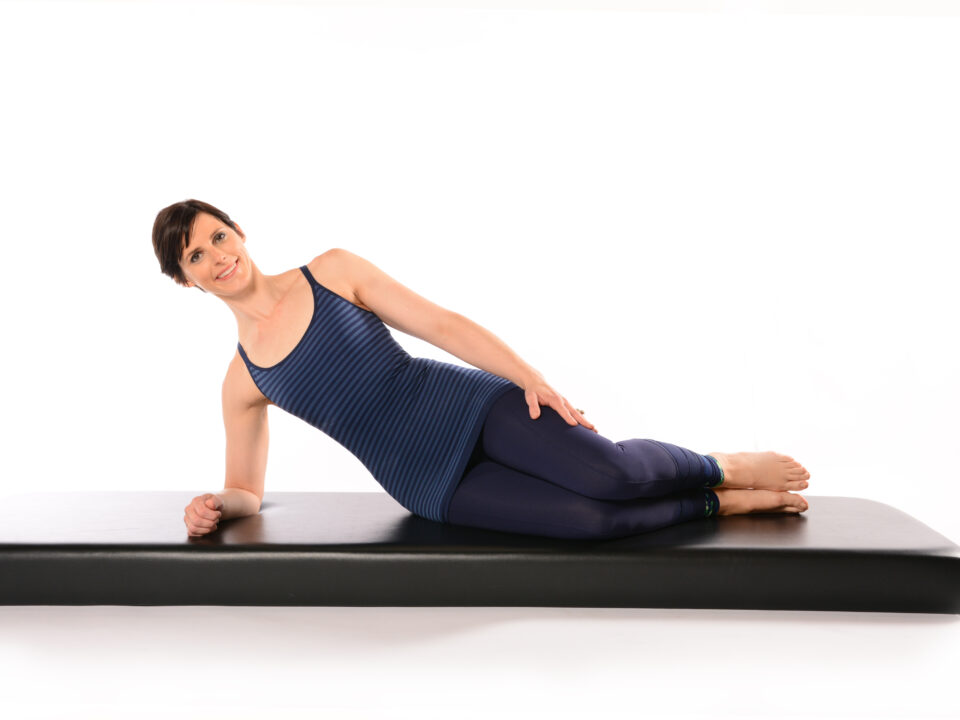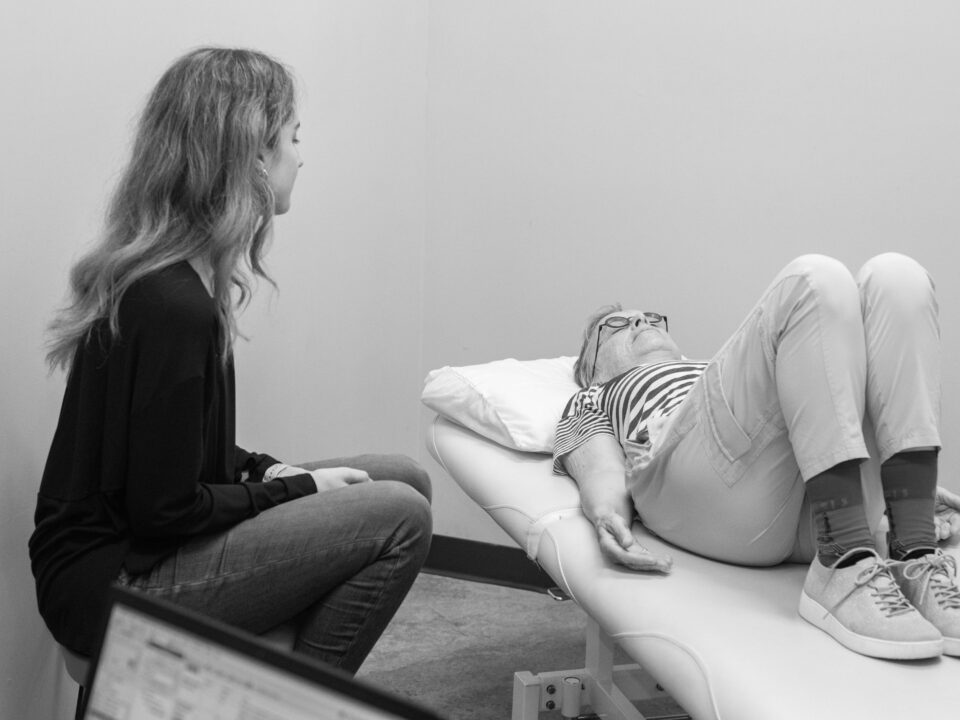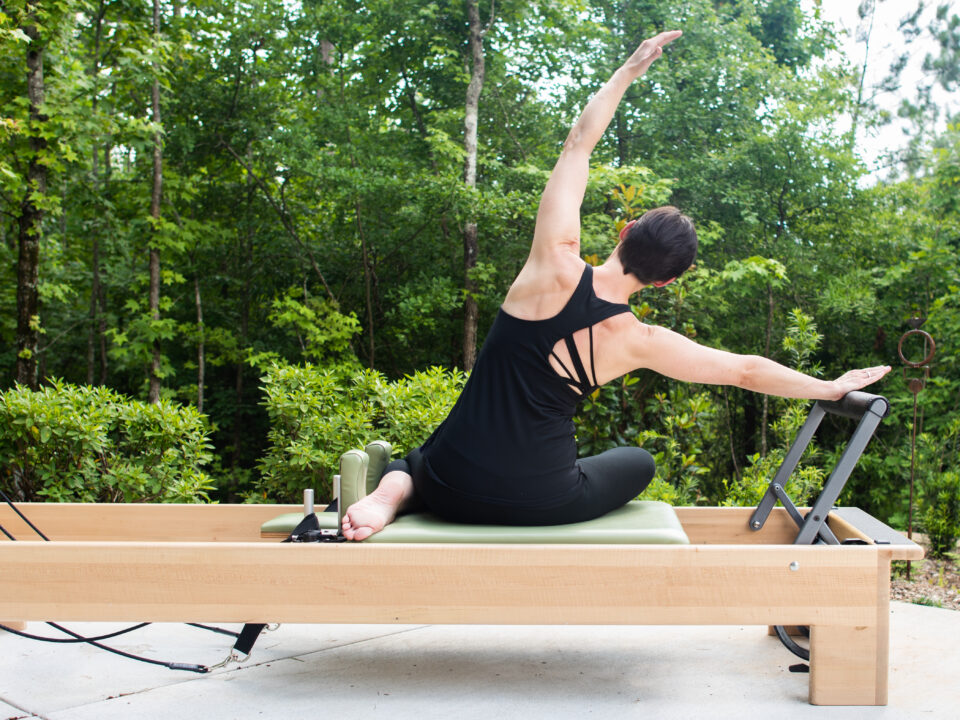- Mon - Fri
7.30 AM – 5.30 PM
Other hours upon request - 770-487-1931
Anxiety and it’s creepy effects on our bodies.

We all know what anxiety can feel like. Many of us experience it at some point in our lives, but a lot of us experience it daily (especially in light of current circumstances in the world and our country). Whether you are someone who experiences anxiety infrequently or frequently, it's important to understand the affect it has on the body and understand the way to manage it from a physical standpoint.
What does Anxiety look like?
Anxiety can range from symptoms of restlessness, muscle tension, and difficulty sleeping to difficulty breathing, spasm, and panic attacks. Some people may experience it as occasional feeling of stress while other experience it as anxiety "disorder" - a chronic disordering of the natural state of being, mentally, physically, and emotionally.
The word anxious means "experiencing worry, unease, or nervousness, typically about an imminent event or something with an uncertain outcome" (dictionary.com). There are alot of things uncertain in the world and our own personal lives right now. This is circumstantial. Anxiety can be triggered by a circumstance, which triggers a thought and feeling. It begins almost always as a state of the mind, but it can lead to imbalances in the body. These imbalances affect systems of the body and negatively impact one's overall well-being, if they are not addressed.
Here are some of the systems of the body affected by stress:
Central nervous system -
Stress or anxiety causes the nervous system to release hormones that help respond to a threat. Two chemicals that accompany anxiety are cortisol and adrenaline - these are two "fight or flight" responses your body produces, which are helpful in the short term, but long term, if they are left on like a leaky faucet, can cause damage to multiple systems of the body.
Cardiovascular system -
Heart palpitations, chest pain, or simply a rapid heart rate are all effects of stress on the Cardiovascular system. Heart disease and high blood pressure can result from or be exacerbated by stress.
Respiratory system -
Anxiety causes shallow breathing. When the body isn't receiving the oxygen it needs, it affects other systems of the body as well. In the long term, asthma or COPD (chronic obstructive pulmonary disease) can also be exacerbated by anxiety.
Digestive system -
Stomach aches, loss of appetite, and excretory issues can be connected to the body under too much stress. Irritable Bowels Syndrome may also manifest as a consequence of the body under stress.
Immune system -
When you feel stressed constantly, the immune system takes a dive. The normal response to occasional stress is a boost to the immune system as it prepares the body in a "fight or flight" response. However, if the body never gets the signal to return to a normal state of being, the immune system can weak and cannot fight off the germs it needs to when confronted with them.
All of this sounds scary and may have you feeling stress right now, but don't be frightened! There is good news: We can help manage anxiety and stress through our bodies!
We can and should, first and foremost, listen to our body, mind, and heart when it is saying something isn't right. Anxiety which manifests at times from fear is letting you know that something is not as it should be. We need to acknowledge this in order to address it appropriately. We can take a physical approach to help the mental aspect of it (ex. exercising to release positive endorphins to help your brain feel better), or a mentally approach to support the physical aspect of it (ex. meditation to calm the systems of the body).
Let's talk about this physical approach.
The brain and body are tied together. If your brain feels stress, so will your body; if your body feels better, then so will your brain! Sometimes one follows where the other leads, and in the case of stress-management, the brain can follow the body.
Research shows that moving your body actively even for just five minutes can help to stimulate a natural counteraction to stress. Exercise produces endorphins which are hormones that can reduce pain, increase stamina, boost self-esteem, and alleviate depression.
Aerobic exercise is a very effective "medicine" to stress management; however, so is stretching. Yoga, Pilates, and other forms of moving and stretching can allow for the tension in the body to release and help facilitate better energy flow through your body by increasing blood flow and lubricating joints and muscles.
If you feel too overwhelmed to commit to exercise and movement right now, try a breathing exercise. Intentional breathing will trigger the vagus nerve which sends a signal to the brain letting the body and mind know that it is ok. Practice for about 2 minutes or so, breathing in for a four count and then breathing out for an eight count. If your mind wanders, bring it back to your breath. Try to focus on where you feel your breath in your body. See if you feel a little calmer, a little less tense or anxious.
Or, if you feel uncomfortable breathing in your current setting or a situation in which you feel triggered by anxiety, try an open chested posture. Maybe you feel helpless and overwhelmed by a situation, and you just want to "throw your hands up." Try it: Lift your hands above your head and hold them there for a minute or two. Raising your hands above your head can reduce feelings of stress and worry, reducing cortisol levels and increase self-confidence.
For further information on posture and it's affects on the body and brain, check out this interesting TedTalk by Amy Cuddy:
https://www.ted.com/talks/amy_cuddy_your_body_language_may_shape_who_you_are/transcript?language=en
For more information on stress and the body, check out this well illustrated short video:
If you're feeling stressed or anxious, try some intentional breathing and moving and postures. Use your body to help ease your mind. And feel free to reach out to us if you'd like to learn more about what you can do to help manage anxiety through physical practices or join us at the studio in person or online for one of our movement classes!



